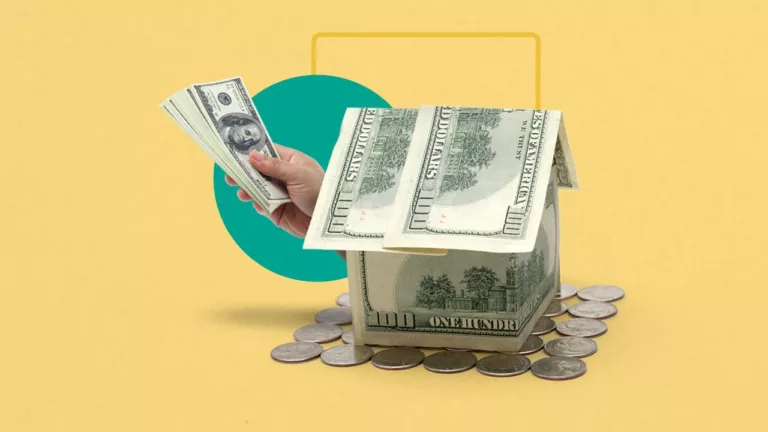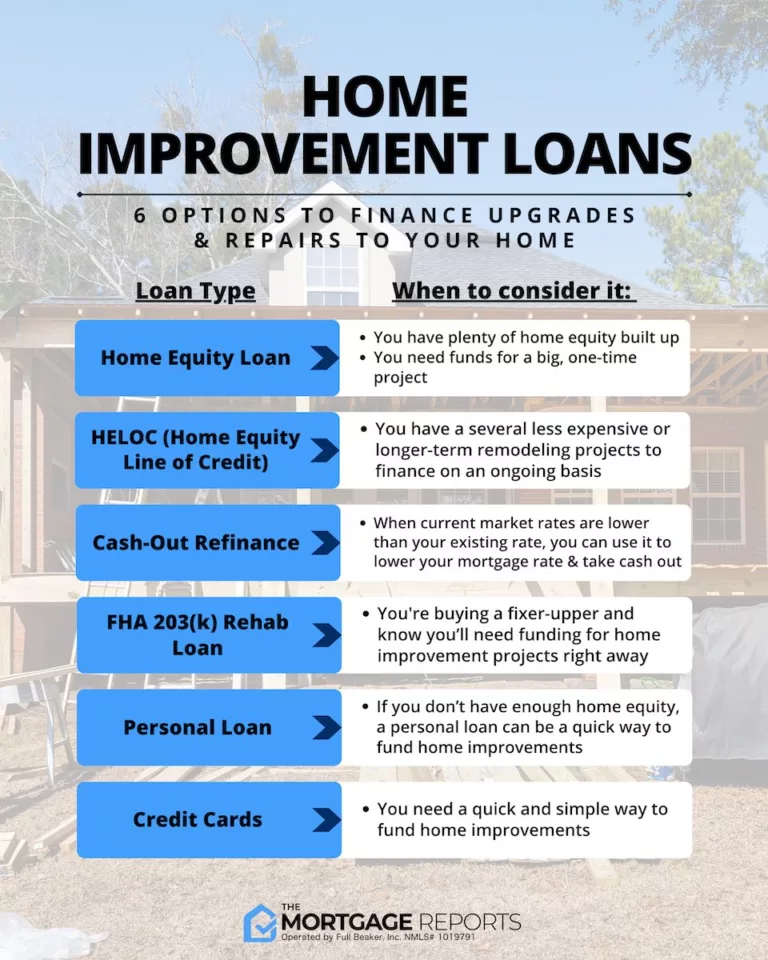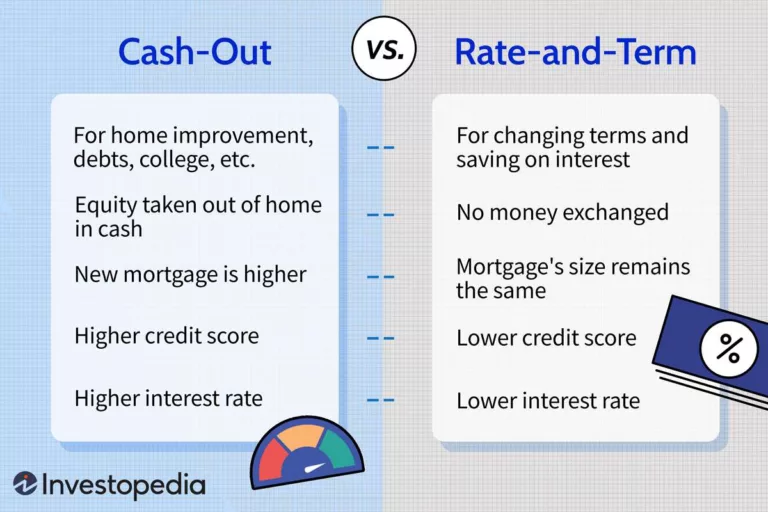Can You Negotiate a Reverse Mortgage Payoff: Secrets to Saving Money
Yes, a reverse mortgage payoff can be negotiated. Here are some key points to consider when negotiating a reverse mortgage payoff.
Reverse mortgages are a type of loan specifically designed for senior homeowners. They allow homeowners to convert a portion of their home equity into cash without having to sell their home or make monthly mortgage payments. Instead, the loan is repaid when the homeowner moves out of the property or passes away.
In some cases, homeowners or their heirs may want to negotiate a lower mortgage payoff amount due to various reasons such as financial hardship or changes in the housing market. While negotiating a reverse mortgage payoff can be challenging, it is possible to explore options such as refinancing, discussing with the lender, or seeking professional assistance to reach a mutually beneficial agreement. Understanding the terms and conditions of the loan agreement and seeking expert advice can help homeowners in negotiating a favorable reverse mortgage payoff.

Credit: www.kiplinger.com
Understanding Reverse Mortgages
Negotiating a reverse mortgage payoff is possible, allowing homeowners to potentially lower their loan balance or pay it off entirely. By discussing options with lenders, individuals can explore strategies such as refinancing or making lump-sum payments to achieve a favorable outcome.
Understanding the process can empower homeowners to navigate their reverse mortgages effectively.
How Reverse Mortgages Work
A reverse mortgage is a unique type of loan that allows homeowners who are 62 years or older to convert part of their home’s equity into cash without selling the property or making monthly mortgage payments. Instead, the lender pays the borrower a certain amount each month or in a lump sum, depending on the chosen payout option.
With a reverse mortgage, the borrower continues to own the home and is not required to pay off the loan as long as they live in the property. The loan is repaid only when the homeowner passes away, sells the house, or no longer uses it as their primary residence.
Pros And Cons Of Reverse Mortgages
Like any financial product, reverse mortgages have their advantages and disadvantages. It’s important to weigh these factors before deciding if a reverse mortgage is the right choice for you.
Advantages of Reverse Mortgages
- Flexibility: Reverse mortgages give you the flexibility to access the equity in your home without having to sell it or move out.
- Social Security and Medicare Benefits: The funds received from a reverse mortgage are generally not considered taxable income, meaning they won’t affect your eligibility for Social Security or Medicare benefits.
- No Immediate Repayment: As long as you remain in the home, you don’t have to make any payments towards the loan balance. The loan is only paid off when you sell the property or it is no longer your primary residence.
Disadvantages of Reverse Mortgages
- Accrued Interest: Over time, the interest on a reverse mortgage accrues and compounds, potentially reducing the equity in your home.
- Costs: Reverse mortgages come with fees and closing costs that can be higher compared to traditional mortgages.
- Impact on Inheritance: With a reverse mortgage, the lender will be entitled to repayment from the sale proceeds of your home, which could reduce the amount of inheritance you leave behind.
Before considering a reverse mortgage, it’s important to understand the specifics of the loan and consider all the advantages and disadvantages. Consulting with a financial advisor or mortgage specialist can help you make an informed decision based on your specific financial situation.
The Payoff Process
When it comes to the world of reverse mortgages, understanding the payoff process is essential. As homeowners age and their financial situations change, they may wish to pay off their reverse mortgage. In this article, we will explore what a reverse mortgage payoff is, the role of reverse mortgage servicers, and the options available to borrowers for paying off their loan.
What Is A Reverse Mortgage Payoff?
A reverse mortgage payoff occurs when a borrower decides to repay their reverse mortgage loan in full. This can happen for various reasons, such as wanting to sell the home, refinancing the loan, or other personal circumstances. When the loan is paid off, the borrower and any heirs will regain ownership of the property. It’s crucial to understand the process involved and the options available to ensure a smooth payoff.
The Role Of Reverse Mortgage Servicers
Reverse mortgage servicers play a crucial role in the payoff process. They act as intermediaries between borrowers and lenders, managing the loan throughout its lifetime. When a borrower decides to pay off their reverse mortgage, the servicer is responsible for facilitating the necessary procedures and ensuring all outstanding balances and obligations are settled. They will guide the borrower through the various options available for repayment and assist in completing the necessary paperwork.
Options For Paying Off A Reverse Mortgage
When it comes to paying off a reverse mortgage, borrowers have several options. These options include:
- Selling the Home: If the borrower wishes to sell the property, they can use the proceeds from the sale to pay off the reverse mortgage loan.
- Refinancing the Loan: Borrowers also have the option to refinance their reverse mortgage loan. This can be useful if they want to secure a lower interest rate or change the loan terms to better suit their financial situation.
- Using Other Funds: Some borrowers may choose to use their personal savings, investments, or other sources of income to pay off the reverse mortgage loan.
It’s important for borrowers to carefully consider their financial situation and consult with their servicer or a financial professional to determine the best option for their specific needs. Each choice has its own advantages and potential drawbacks, so thorough research and consideration are vital.
The payoff process for a reverse mortgage requires careful planning and understanding of the available options. By familiarizing themselves with the role of reverse mortgage servicers and exploring their repayment alternatives, borrowers can make informed decisions and successfully pay off their reverse mortgage loan when the time comes.
Negotiating A Reverse Mortgage Payoff
When it comes to reverse mortgages, negotiating a payoff can be an important step for homeowners looking to settle their loan obligations. By understanding the factors that influence negotiation and following some key tips, homeowners can potentially achieve a more favorable payoff arrangement. In this post, we will explore why negotiating a payoff is important, the factors that come into play during negotiations, and provide helpful tips for navigating the reverse mortgage payoff process.
Why Negotiating A Payoff Is Important
Understanding the importance of negotiating a payoff can significantly impact the financial situation of homeowners. Here are some reasons why it matters:
- Financial Savings: Negotiating a lower payoff amount can result in financial savings for homeowners by reducing the outstanding loan balance and potential fees.
- Avoiding Foreclosure: A negotiated payoff can help homeowners avoid the possibility of foreclosure, especially if they are struggling to meet their reverse mortgage obligations.
- Retaining Equity: By negotiating a lower payoff, homeowners can retain more equity in their property, allowing them to have more financial control and options in the future.
Factors That Influence Negotiation
When negotiating a reverse mortgage payoff, several factors come into play that can influence the outcome of the negotiation. These factors include:
- Property Value: The current appraised value of the property can impact the lender’s willingness to negotiate a payoff amount.
- Borrower’s Financial Situation: The borrower’s financial circumstances, including income, assets, and existing debts, can influence the lender’s decision to negotiate and the terms of the negotiation.
- Lender Policies: Each lender may have different policies and guidelines regarding negotiations, which can affect the negotiation process and potential outcomes.
- Market Conditions: The overall economic and real estate market conditions can also play a role in negotiations, as lenders assess the risks and potential losses associated with the property.
Tips For Negotiating A Reverse Mortgage Payoff
Here are some helpful tips to consider when negotiating a reverse mortgage payoff:
- Do Your Research: Understand the current market value of your property and gather information on similar properties in the area to support your negotiation efforts.
- Prepare Financial Documentation: Compile all necessary financial documents, such as income statements, bank statements, and tax returns, to demonstrate your financial situation to the lender.
- Be Realistic: Set realistic expectations for the negotiation process and be willing to compromise where necessary to reach a mutually beneficial agreement.
- Seek Professional Advice: Consider consulting with a reverse mortgage counselor or a financial advisor who can provide guidance and assist you in navigating the negotiation process.
- Communicate Openly: Maintain open and honest communication with your lender throughout the negotiation process, expressing your willingness to find a fair resolution.
- Explore Alternatives: If negotiations with the lender are unsuccessful, explore alternative options such as refinancing, loan modification, or seeking assistance from housing counseling agencies.
By understanding the significance of negotiating a reverse mortgage payoff, considering the influencing factors, and implementing these useful tips, homeowners can potentially achieve a more favorable and beneficial settlement with their lenders. Remember, negotiation is a process that requires patience, persistence, and being well-informed to maximize the chances of a successful outcome.
Saving Money On A Reverse Mortgage Payoff
Negotiating a reverse mortgage payoff can be a way to save money. Find out how you can potentially lower the balance and explore repayment options for a better financial outcome.
Strategies For Reducing The Payoff Amount
Reducing the payoff amount of your reverse mortgage can save you a significant amount of money in the long run. Here are some effective strategies to consider:
- Make Regular Payments: By making monthly payments towards your reverse mortgage, you can reduce the overall balance, leading to a smaller payoff amount. Even small payments can make a difference over time.
- Utilize Lump Sum Option: If you have access to a lump sum of money, consider using it to make a substantial payment towards your reverse mortgage. This can help you knock down the balance and reduce the eventual payoff amount.
- Focus on Interest Reduction: The interest rate plays a significant role in determining the payoff amount of a reverse mortgage. Consider refinancing options to secure a lower interest rate, which can help you save money in the long term.
- Explore Biweekly Payments: Instead of making monthly payments, opt for biweekly payments. This strategy can shorten the loan term, lowering the overall balance and reducing the eventual payoff amount.
- Consider Downsizing: If you’re living in a larger home and find it difficult to keep up with the reverse mortgage payments, downsizing to a smaller, more affordable property can help you reduce the payoff amount.
Seeking Professional Assistance
While exploring options to reduce the payoff amount of your reverse mortgage, it’s essential to seek professional assistance. Consulting with a financial advisor or a reverse mortgage specialist can provide valuable insights to help you make informed decisions. These experts can assess your specific situation and recommend personalized strategies to minimize your payoff amount.
Common Mistakes To Avoid
When aiming to save money on a reverse mortgage payoff, it’s important to steer clear of common pitfalls. Avoid these mistakes to ensure you’re on track to minimize your payoff amount:
- Ignoring Payment Options: Some borrowers neglect the possibility of making payments towards their reverse mortgage, assuming it’s unnecessary. This can result in a higher payoff amount over time.
- Not Researching Refinancing: Refinancing your reverse mortgage to obtain a lower interest rate can significantly reduce the payoff amount. Failing to research and explore this option may lead to missed savings.
- Delaying Action: Time is a crucial factor when trying to reduce your reverse mortgage payoff. Delaying action can result in accumulating interest and a larger payoff amount. It’s best to start implementing strategies as soon as you can.
- Not Seeking Professional Advice: A reverse mortgage is a complex financial product, and making important decisions without expert guidance can be risky. Ensure you consult with professionals who can provide accurate and reliable information tailored to your unique situation.
Alternatives To Paying Off A Reverse Mortgage
When it comes to alternatives for paying off a reverse mortgage, negotiating a payoff is an option to consider. Many individuals have successfully negotiated their reverse mortgage payoff, allowing them to explore alternative solutions. Exploring negotiation as a means to pay off a reverse mortgage can be a viable strategy for homeowners facing financial challenges.
Refinancing Or Restructuring The Loan
Refinancing or restructuring the loan can be a viable alternative to paying off a reverse mortgage in one lump sum. By doing this, borrowers have the opportunity to negotiate new loan terms that are more favorable to their financial situation.
Refinancing or restructuring allows borrowers to potentially lower their interest rate, extend the term of the loan, or adjust the type of loan they have. This can provide much-needed relief in terms of monthly payments and reduce the strain on their finances.
Moreover, refinancing or restructuring the loan can also provide an opportunity for borrowers to access additional funds from their home equity. This can be particularly beneficial if they need a lump sum for other expenses or if they wish to establish a line of credit for future use.
Considering A Reverse Mortgage Buyback
Another alternative worth considering is a reverse mortgage buyback. This option allows borrowers to repay the loan by purchasing the property back from the lender at the current market value.
By doing so, borrowers have the opportunity to retain ownership of their home while repaying the reverse mortgage. It provides flexibility in terms of repayment and can be an ideal solution for those who want to keep their property within their family.
Additionally, a reverse mortgage buyback can also provide beneficiaries with the opportunity to inherit the property. This can be a significant advantage, as it allows the property to stay within the family while settling the reverse mortgage debt.
Exploring Inheritance Options
Exploring inheritance options can be a practical solution for borrowers who are unable to pay off the reverse mortgage themselves. By discussing the situation with family members or potential beneficiaries, borrowers can find alternative ways to settle the debt.
One option is for beneficiaries to contribute funds to pay off the reverse mortgage, either through personal resources or by taking out a new loan. This can be a collaborative effort that eases the financial burden for the borrower and ensures the property remains within the family.
An alternative inheritance option is for beneficiaries to sell the property and use the proceeds to settle the reverse mortgage. This allows for a clean and straightforward resolution, as the sale of the property can often generate enough funds to cover the outstanding loan balance.

Credit: www.facebook.com

Credit: www.facebook.com
Frequently Asked Questions On Can You Negotiate A Reverse Mortgage Payoff
How Do I Settle My Reverse Mortgage?
To settle your reverse mortgage, you need to pay off the outstanding balance. This can be done by selling your home and using the proceeds, refinancing the loan, or using personal funds. Make sure to consult with your lender to understand the specific requirements and options available to you.
What Are The Options For Reverse Mortgage Payout?
Reverse mortgage payouts can be received in various ways, including a lump sum payment, monthly installments, or as a line of credit. The chosen option depends on the borrower’s preference and financial needs.
Is There Any Way To Get Out Of A Reverse Mortgage?
Yes, there is a way to get out of a reverse mortgage. You can repay the loan balance or sell the home to cover the amount owed, and any remaining proceeds would then be yours. It’s important to consult with a financial advisor or reverse mortgage counselor to understand the implications and options for your specific situation.
How Long Do Heirs Have To Pay Off A Reverse Mortgage?
Heirs typically have up to six months to pay off a reverse mortgage after the borrower’s passing.
Conclusion
Negotiating a reverse mortgage payoff can be a viable option for homeowners seeking flexibility and financial stability. By exploring the possibility of adjusting the terms, borrowers can potentially find relief and peace of mind. It is essential to consult with a reverse mortgage specialist who can guide you through the negotiation process and ensure you make informed decisions.
Remember, every situation is unique, and careful consideration must be given to your specific needs and circumstances. Contact a professional today to explore how you can effectively negotiate a reverse mortgage payoff.




